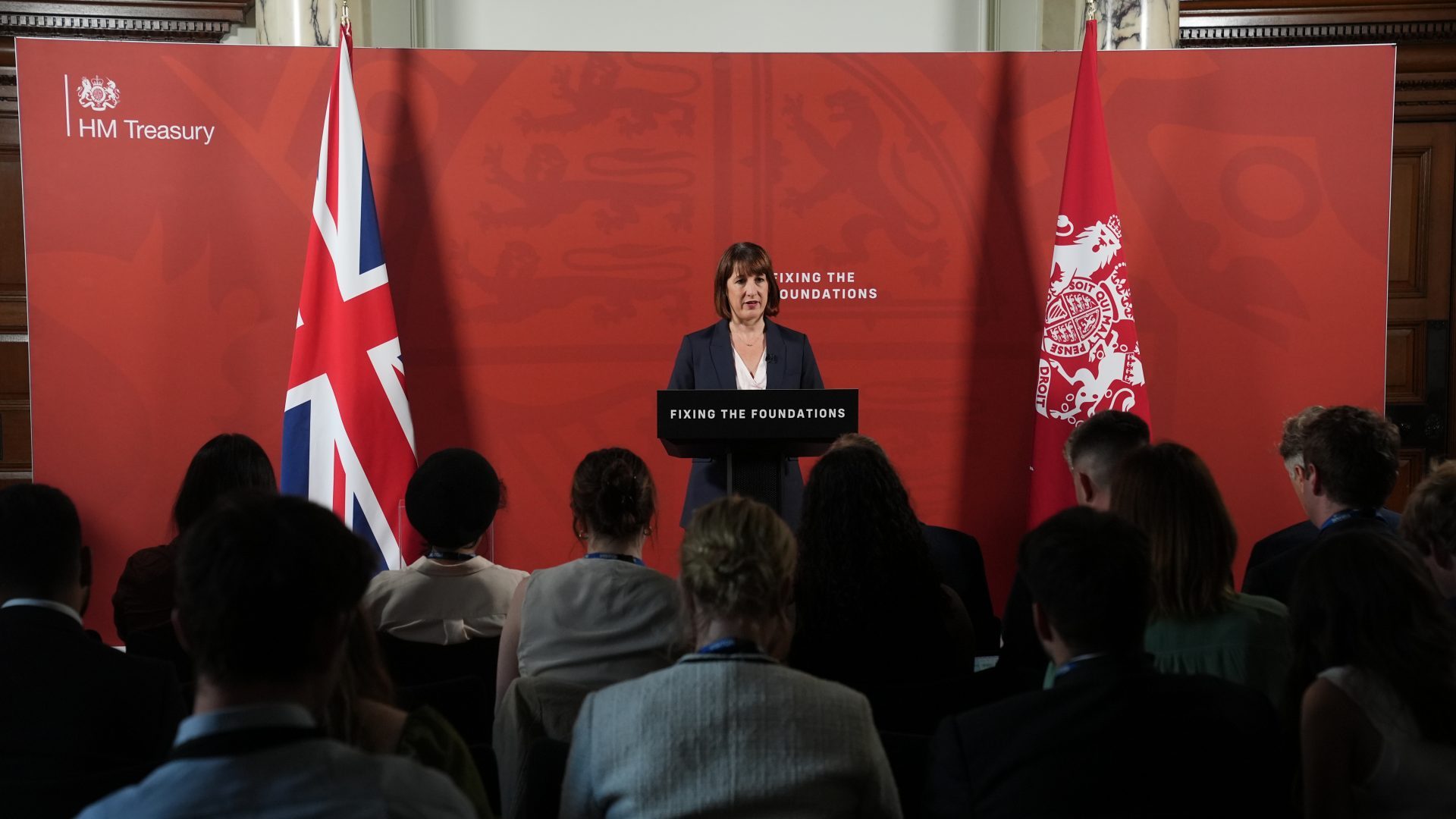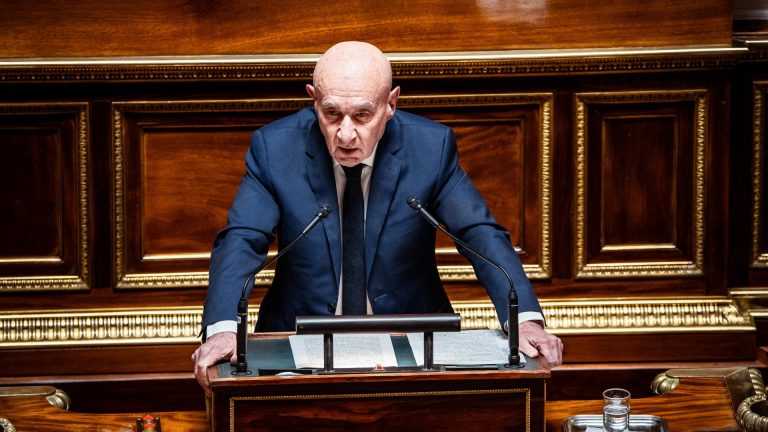Much of what governments do in their earliest days is about setting the ground rules for later.
When a new administration wins an election with a large majority, there is something of a honeymoon period – a couple of months in which they can do almost no wrong, at least in terms of serious political blowback.
A wise PM makes sure his cabinet uses that time wisely, to get risky or unpopular decisions out of the way and to try to send a signal or two about how they intend to govern. Withdrawing the whip from seven MPs who rebelled over the King’s Speech was one such signal.
Now, Rachel Reeves has also signalled her ruthlessness.
Most of the chancellor’s first big statement to the House was predictable. It was almost universally predicted that Reeves would find some sort of “black hole” in the public finances shortly after election – this is a well-worn political tactic of new governments who want to get the bad news out of the way early.
It is always a mix of a lie and the truth. The reality is that after a decade or more in government, any outgoing party will have a few barely covered-over skeletons under the patio – and the civil service will generally reveal these quickly to the new crew.
These generally are a nasty shock to the new administration: projects that have overspent, are behind schedule, or going wrong in some other way that no-one on the outside knew about. But generally, because the top line of public finances are – well – public, the bigger picture is largely known.
The Institute of Fiscal Studies and other leading think tanks had been accusing Labour since before the election of ignoring an implied gulf in public finances from the public Tory plans.
It is here that Reeves got lucky, in the perverse way these things work: it turns out the Conservatives actually WERE hiding more bad news than anyone expected. There was bad news that the IFS hadn’t reckoned with.
Astonishingly, there was bad news even the Office of Budget Responsibility – whose job is to assess the state of public finances, and who have a legal mandate to do so – hadn’t known about, because the Treasury hadn’t shared the relevant information.
In a manner characteristic of their last days in office, the Tories had flailed so much they’ve neutralised their best attack line on the new Labour government – they can honestly be blamed for leaving things in an even worse shape than everyone thought.
That has left Reeves having to play the role of the responsible new boss cleaning up the last lot’s mess, positioning with which she will be very comfortable, having set herself up for that role long ago. But her speech was far more ruthlessly political than it first appeared, which further sets the stage for her chancellorship.
Put simply, Rachel Reeves cancelled pretty much everything the last Conservative government planned for the future that they hadn’t absolutely and obviously funded to its close. Rishi Sunak’s last remaining legacy policy – scrapping A-Levels and replacing them with the Advanced British Standard – was killed. The Stonehenge Tunnel was scrapped.
Boris Johnson’s mythical “40 extra hospitals” were gone. Jeremy Hunt’s “investment opportunity fund” – nixed. The modest social care reforms the last government suggested? Also gone.
Some of this is simply what happens when a new government needs to find money to pay for its priorities – in this case, settling public sector strikes and matching the recommendations of pay review panels.
But the scrapping of potentially popular or necessary policies from the last government, some of which were relatively tiny in the scale of public finances, went further: it was a statement of political intent from a chancellor who knows she won’t have much money to throw around for most of her tenure.
By scrapping every possible Tory policy she can, including smaller pots of money, Reeves has removed the opportunity for the opposition to claim a particular policy or grant was the idea of the Tory Party.
Instead, when she does allow spending in those various areas, it will be for new Labour versions of such policies – meaning that the little money she is willing to spend goes on the new priorities, and not just what’s already in place or worked out. By ripping up existing spending and investment, some of it popular, she’s leaving herself room to do more later.
Scrapping the Winter Fuel Payment is perhaps the ultimate signal of that ruthlessness, though perhaps also a signal of potential trouble to come. The payment has long been a target of ire from within the Treasury.
In reality it has nothing to do with fuel – it is simply a once-a-year cash transfer to every pensioner.
Given pensioner poverty is lower than any other group, this is a badly-targeted intervention on one level. Most of the households who get it don’t need it.
Reeves is still targeting it at those lower-income pensioners who get pension credit, but saves £1.5 billion a year by stopping it being universal.
The payment was introduced in 1997 as a cleverly named but relatively cheap alternative to upping the pension proper, by Gordon Brown Its name alone has made it impossible to alter for decades – pensioners feel the cold more, stay at home more, and some die of cold every year. Given the “fuel payment” name, it has proven immensely difficult to shift.
Reeves has demonstrated her ruthlessness in the aim of good politics and good targeting of public money – and has grasped the nettle on something the Treasury has long known was bad politics but in its mind “good” policy.
That is likely mostly to the good, and Reeves is likely to win the blame game over the fiscal black hole and its consequences.
But she should be wary of pushing her luck: George Osborne indulged the Treasury on a much smaller and less well-known measure – the pasty tax. That did not end well for him.








